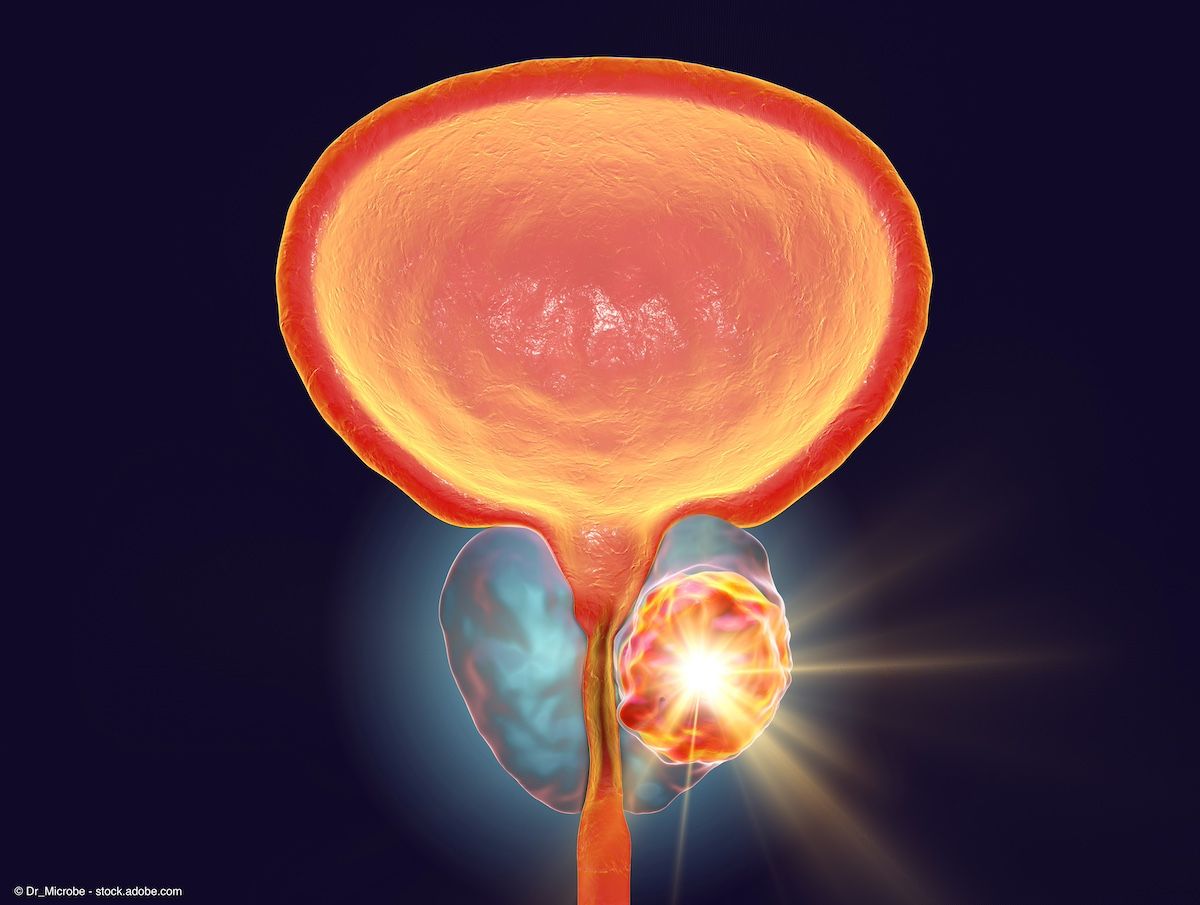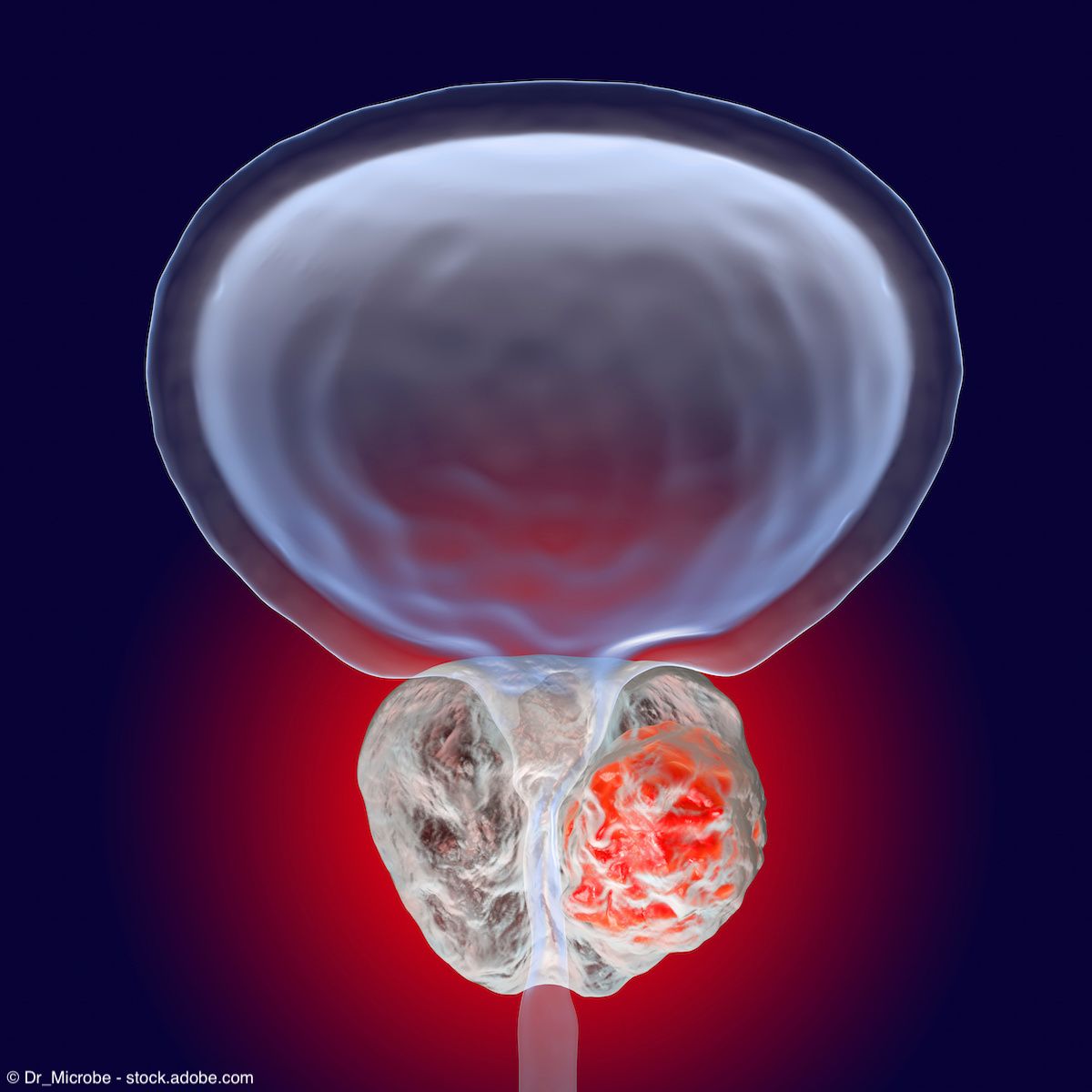News
Article
Grants awarded to support prostate, kidney cancer research
Author(s):
The grants will support research evaluating ATAD2 in advanced prostate cancer and 6MP in hereditary leiomyomatosis and renal cell cancer.
Several investigators from the University of California, Los Angeles (UCLA) have been awarded grants to support research in advanced prostate cancer and hereditary leiomyomatosis and renal cell cancer (HLRCC).1,2
“We are hopeful that our research will not only offer new therapeutic options but also pave the way for preventive strategies that could significantly improve the quality of life for those affected by this challenging condition," says Heather R. Christofk, PhD.

Prostate cancer research
The first grant, awarded by the National Cancer Institute, is a 5-year, $1.8 million grant to evaluate the utility of the protein ATPase family AAA domain-containing 2 (ATAD2) as a therapeutic target for advanced prostate cancer.1 For the study, the team of investigators, led by Tanya I. Stoyanova, PhD, will assess ATAD2 inhibitors alone and in combination with standard of care therapies in patients with advanced hormone-refractory prostate cancer.
“This study will reveal new molecular mechanisms underlying the development of advanced prostate cancer and lead to the discovery of new potential therapies for the disease,” said Stoyanova, an associate professor of urology and molecular and medical pharmacology at the David Geffen School of Medicine at UCLA, in a news release.1 “Our hope is that these therapeutic agents will lead to better outcomes for patients with advanced prostate cancer in the near future.”
Kidney cancer research
The V Foundation has also awarded an $800,000 grant to support research evaluating the use of 6-mercaptopurine (6MP), a medication commonly used to treat inflammatory disorders or hematologic cancers, in patients with HLRCC.2
The study is being led by Heather R. Christofk, PhD, director of Basic and Translational Research at the UCLA Health Jonsson Comprehensive Cancer Center, and Brian M. Shuch, MD, director of the Kidney Cancer Program and the Alvin & Carrie Meinhardt Endowed Chair in Kidney Cancer Research at UCLA.
“Patients with HLRCC face a high risk of developing kidney cancer at a young age and uterine fibroids often lead to hysterectomy in young women, impairing their fertility,” said Shuch in a news release.2 “Our goal is to identify treatments that can either prevent the onset of cancer and the benign manifestations or manage its progression more effectively.”
In preclinical studies, 6MP demonstrated the ability to inhibit tumor growth by blocking the tumor’s reliance on purine salvage, a key metabolic process. The current research study will also assess tumor response and progression-free survival in patients receiving treatment with 6MP.
The team also plans to assess the efficacy of 6MP, allopurinol––a medication commonly used for gout––and a low-purine diet in the prevention of HLRCC in genetically-engineered mouse models.
Christofk added in the news release,2 “We are hopeful that our research will not only offer new therapeutic options but also pave the way for preventive strategies that could significantly improve the quality of life for those affected by this challenging condition.”
References
1. Dr. Tanya Stoyanova receives $1.8 million to reveal new treatment strategies for advanced prostate cancer. News release. University of California, Los Angeles (UCLA), Health Sciences. July 16, 2024. Accessed August 1, 2024. https://www.newswise.com/articles/dr-tanya-stoyanova-receives-1-8-million-to-reveal-new-treatment-strategies-for-advanced-prostate-cancer
2. Cancer researchers receive grant to combat aggressive kidney cancer. News release. University of California, Los Angeles (UCLA), Health Sciences. July 16, 2024. Accessed August 1, 2024. https://www.newswise.com/articles/cancer-researchers-receive-grant-to-combat-aggressive-kidney-cancer
Newsletter
Stay current with the latest urology news and practice-changing insights — sign up now for the essential updates every urologist needs.

















